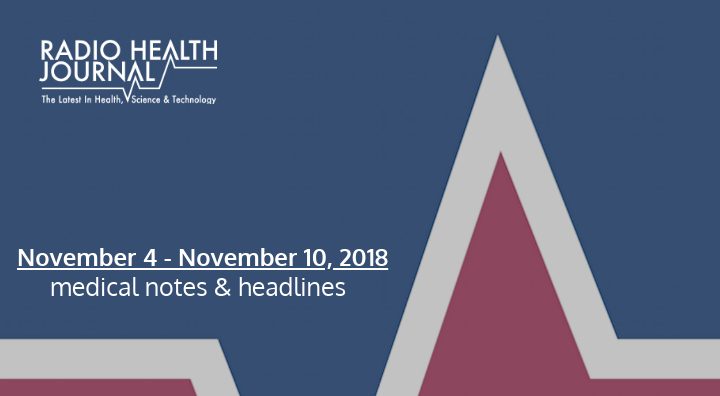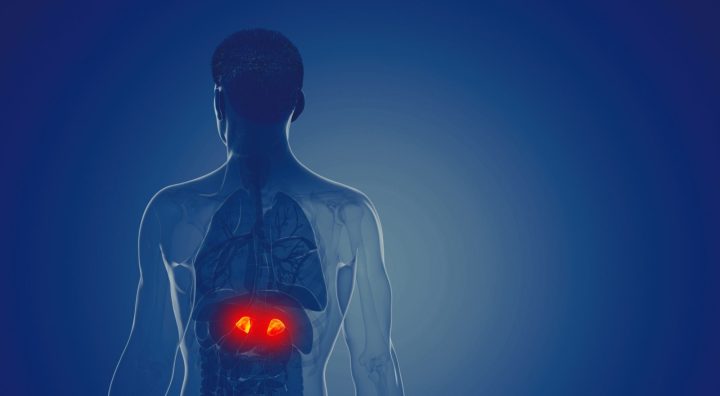Millions of people replace their lifesaving EpiPens and other allergy auto-injectors when they reach their expiration dates. But a new study from Drake University shows they may not need to. FDA rules say the expensive devices expire 18 months after manufacture, but tests of 46 different kinds of EpiPens and other injectors show they still contain the required dose of epinephrine more than two years after their expiration date.
Skin biopsies are invasive and costly, but that could change as the result of a new virtual biopsy device. Researchers say that the device is able to analyze a skin tumor non-invasively using what’s called vibrational optical coherence tomography. The experimental device uses a tiny laser diode and sound waves to create a 3D map of a lesion. The procedure only takes 15 minutes and causes no discomfort.
And finally…here’s a really smart speaker: A study in the journal Digital Medicine shows that with the right skill, your Alexa or Google Home could detect the distinctive gasping sound of someone who’s in cardiac arrest. The experimental tool could then call 911 without your intervention. In preliminary tests, the tool was 97 percent accurate in detecting the breathing that indicates someone’s in trouble.
Medical Notes 19-30: Week of July 28, 2019
Millions of people replace their lifesaving EpiPens and other allergy auto-injectors when they reach their expiration dates. But a new study from Drake University shows they may not need to. FDA rules say the expensive devices expire 18 months after manufacture, but tests of 46 different kinds of EpiPens and other injectors show they still contain the required dose of epinephrine more than two years after their expiration date.
Skin biopsies are invasive and costly, but that could change as the result of a new virtual biopsy device. Researchers say that the device is able to analyze a skin tumor non-invasively using what’s called vibrational optical coherence tomography. The experimental device uses a tiny laser diode and sound waves to create a 3D map of a lesion. The procedure only takes 15 minutes and causes no discomfort.
And finally, here’s a really smart speaker: A study in the journal Digital Medicine shows that with the right skill, your Alexa or Google Home could detect the distinctive gasping sound of someone who’s in cardiac arrest. The experimental tool could then call 911 without your intervention. In preliminary tests, the tool was 97 percent accurate in detecting the breathing that indicates someone’s in trouble.
Sign up to receive email updates
Enter your name and email address below and I’ll send you periodic updates about the podcast.











Leave a Reply